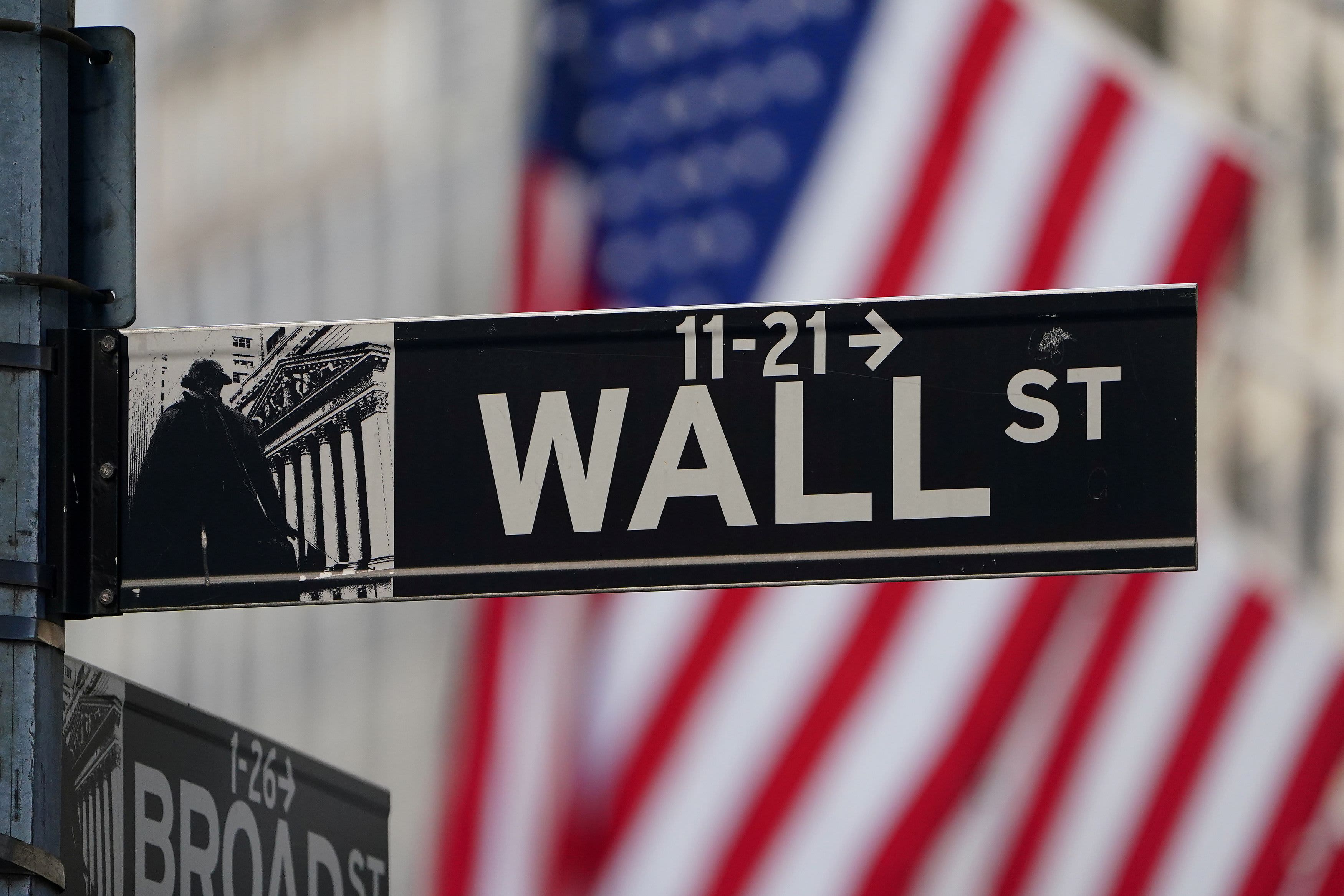Wall Street execs, employees spent $2.9 billion on campaigns, lobbying during 2020 election, study shows

Wall Street executives, their employees and trade associations invested at least $2.9 billion into political initiatives during the 2020 election cycle, according to a new research report.
The study, first shared with CNBC and authored by Americans for Financial Reform, paints a historic effort by those within banks and various other financial services firms to contribute to campaigns and lobbying policies being crafted in Washington, D.C.
The report says that it was the most spending by those in the financial services sector in an election cycle since the 2016 presidential contest. At that time, financiers spent $2 billion on similar efforts. The $2.9 billion outlay works out to almost $4 million a day throughout the cycle, according to the new report.
The study combined lobbying and campaign contributions from 2019 through 2020. Part of the group's methodology focused on contributions and lobbying spending by those in the FIRE sector, which focuses on the finance, insurance and real estate industries.
"Year in and year out, this torrent of money gives Wall Street an outsized role in how we are governed, while driving and protecting policies that help this industry's super wealthy amass even greater fortunes at the expense of the rest of us," Lisa Donner, executive director of Americans for Financial Reform, told CNBC in a statement.
There's also a section that shows the Republican lawmakers who received the most from the financial sector during the election who later objected to confirming the Electoral College results in the wake of the deadly Jan. 6 riot on Capitol Hill.
The report says that individuals and campaign entities linked to the financial sector contributed just more than $1.9 billion toward backing candidates running for federal office, including over $74 million that went to supporting President Joe Biden's run for president.
Of the $1.9 billion, 47% went to Republicans and 53% went to Democrats. In fact, this report notes that more than $250 million from those working in the FIRE sector went toward supporting Biden, the most out of all the contenders for president. Those contributions were a mix of donations to his campaign and outside groups supporting him.
Former President Donald Trump, on the other hand, saw just over $103 million from those same industries.
Another key to the study is the amount of lobbying that was done by those in the financial sector during the election cycle. Financial firms and their associated groups spent more than $932 million during that time period.
The top 20 financial firms and trade associations that lobbied and had employees or their PACs contribute to candidates include Blackstone, Charles Schwab, Susquehanna International, the American Bankers Association, Bain Capital and Renaissance Technologies.
Senators who combined to receive over $300 million from those in the financial sector include the campaigns of Sens. Jon Ossoff, D-Ga., Mark Kelly, D-Ariz., Lindsey Graham, R-S.C., Mitch McConnell, R-Ky., and Raphael Warnock, D-Ga.
The top banking trade associations combined to invest just more than $53 million on contributions and lobbying expenditures.
As for the House GOP lawmakers who challenged the results of the Electoral College in January, the report shows the top recipients of Wall Street money in that category include, House Minority Leader Kevin McCarthy, R-Calif., Reps. Steve Scalise, R-La., Blaine Luetkemeyer, R-Mo., Lee Zeldin, R-N.Y., and Elise Stefanik, R-N.Y.
Senate Republicans who challenged the election results and also saw their campaigns infused with similar cash include Sens. Tommy Tuberville, R-Ala., Roger Marshall, R-Kan., Rick Scott, R-Fla., Ted Cruz, R-Texas, and John Kennedy, R-La.
Source
Check Our More
No comments